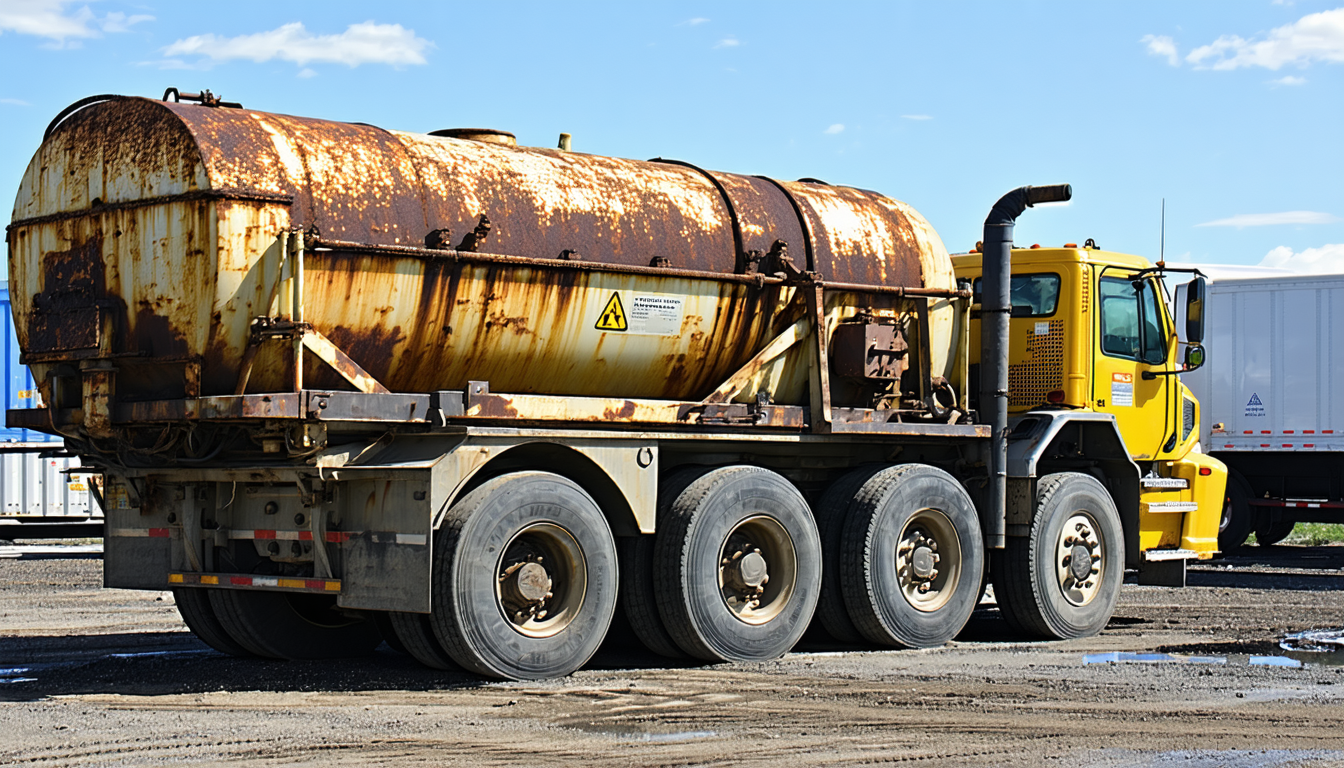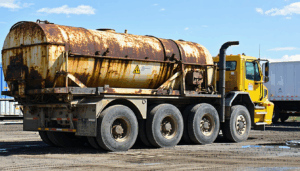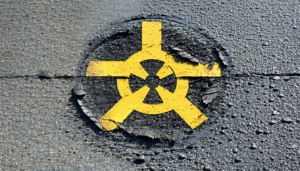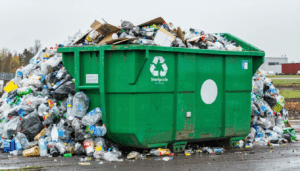Introduction
As environmental concerns grow, proper waste oil disposal has become a pressing issue for businesses and individuals across the United States. Improper handling of used oil can lead to severe ecological damage, including soil and water contamination. With stricter regulations and a push for sustainability, finding reliable “waste oil disposal near me” options is more critical than ever. This article explores the latest developments in waste oil management, highlights accessible solutions in the U.S., and offers insights into why responsible disposal matters. Stay informed about how to protect the environment while complying with federal and state laws.
The Growing Need for Waste Oil Disposal Services
Waste oil, often generated from automotive shops, industrial facilities, and even households, poses significant environmental risks if not managed correctly. According to the U.S. Environmental Protection Agency (EPA), over 1.3 billion gallons of used oil are generated annually in the country. Unfortunately, a substantial portion is improperly disposed of, leading to pollution and health hazards.
The significance of this issue lies in its impact on local ecosystems. Just one gallon of waste oil can contaminate up to a million gallons of fresh water. This alarming statistic underscores the urgency of finding trusted disposal services nearby to prevent such disasters.
How to Locate Waste Oil Disposal Near Me in the U.S.
Searching for “waste oil disposal near me” can yield numerous options, but not all services comply with regulations. Many states have designated collection centers or recycling programs to handle used oil safely. For instance, as of 2023, over 14,000 collection sites are registered under the EPA’s Used Oil Management Program, making it easier for individuals and businesses to dispose of oil responsibly.
Here are some practical steps to find a disposal site:
– Visit the EPA’s official website or state environmental agency portals for a list of certified centers.
– Use online tools like Earth911 to locate nearby recycling facilities.
– Contact local auto shops or service stations, as many accept small quantities of used oil.
– Check with municipal waste management programs for scheduled collection events.
Ensuring that the chosen facility follows federal guidelines is crucial to avoid legal penalties and environmental harm.
Impact on Businesses and Communities
Improper waste oil disposal affects various stakeholders, from small business owners to large industrial players. Automotive repair shops, for instance, generate significant amounts of used oil and face hefty fines if they fail to comply with disposal laws. In 2022 alone, the EPA issued penalties totaling over $2 million to non-compliant businesses across the U.S.
For communities, contaminated water sources and soil degradation are direct consequences of mishandling waste oil. According to Dr. Emily Carter, an environmental scientist at GreenTech Solutions, “Responsible waste oil disposal isn’t just about compliance; it’s about safeguarding public health and preserving natural resources for future generations.” Her statement highlights the broader societal impact of this issue.
Innovations and Future Outlook in Waste Oil Management
The waste oil disposal industry is witnessing innovative approaches to tackle this environmental challenge. Advanced recycling technologies now convert used oil into reusable lubricants or alternative fuels, reducing dependency on virgin resources. A 2023 report by the National Recycling Coalition noted that nearly 75% of collected waste oil in the U.S. is re-refined or repurposed, a significant increase from a decade ago.
Looking ahead, experts predict tighter regulations and greater public awareness will drive demand for sustainable disposal solutions. Government incentives for businesses adopting green practices could further encourage proper management. However, challenges remain, including inconsistent state laws and limited access to facilities in rural areas. Balancing these disparities will be key to achieving nationwide compliance.
Conclusion
Proper waste oil disposal is not just a legal obligation but a moral responsibility for every American. With billions of gallons generated each year, finding reliable “waste oil disposal near me” options is essential to prevent environmental damage and protect public health. From leveraging online tools to supporting innovative recycling methods, individuals and businesses have numerous ways to contribute. As regulations evolve and technology advances, staying informed ensures we all play a part in building a cleaner, safer future.
Frequently Asked Questions (FAQs)
1. What is considered waste oil?
Waste oil includes used motor oil, hydraulic fluid, transmission fluid, and other lubricants that are no longer suitable for their original purpose due to contamination or degradation.
2. Is it illegal to dump waste oil in the U.S.?
Yes, disposing of waste oil in landfills, sewers, or on the ground is illegal under federal and state laws. Violators can face significant fines or penalties.
3. How can I find a waste oil disposal site near me?
You can search online through platforms like Earth911, check with local auto shops, or visit your state’s environmental agency website for certified collection centers.
4. Can waste oil be recycled?
Absolutely. Most collected waste oil in the U.S. is re-refined into new lubricants or processed into alternative fuels, reducing environmental impact.
5. Are there costs associated with waste oil disposal?
Costs vary depending on location and quantity. Some municipal programs offer free drop-off services, while private facilities may charge a small fee for larger volumes.




